Solar irrigation in Africa: Bright future or broken promise?
25 August, 17:00 – 18:20 CET Virtual Session ID 10335
Convenors: ILSSI/Borlaug, World Bank, IFPRI, IWMI
Overview
Solar irrigation has been touted as a key climate smart strategy for Africa, and research confirms a large expansion potential. Considered by many governments and organizations as a ‘best-bet’ investment for both climate adaptation and mitigation, solar-pumps can improve crop production, household water access, and business opportunities, as well as lower carbon emissions. However, actual sales of solar irrigation pumps have remained relatively low, even where subsidies have been offered. Only around 50,000 solar pumps are thought to have been sold across Sub-Saharan Africa for irrigation
While promising, many questions remain about the potential for solar pumps to displace fossil-fuel pumps and approaches to scale solar-pumps inclusively. This session offers new insights on some of the outstanding challenges related to increasing access to solar-powered irrigation.
Key messages
- The potential for solar irrigation is large, but region- and country-specific challenges to uptake (i.e. investment by farmers) need to be addressed by public and private sector actors together, for solar irrigation to flourish.
- The finance ecosystem needs to be strengthened and innovative credit mechanisms extended at multiple scales/levels:
- Solar pump equipment suppliers to reduce the risk of entering new markets and reaching poorer farmers through consumer finance and PAYGO
- Smallholder farmers with limited credit access and history.
- Women and poorer farmers can only be reached if their specific needs and constraints are considered within the market system
- Regulatory guidance is also needed as the market develops.
Program:
0.00-0.05: Introductory remarks and session expectations (Nicole Lefore, Director, Feed the Future Innovation Lab for Small Scale Irrigation, TAMU)
0.06-0.45: Speed talks
Why solar powered irrigation?
- Benefits and limitations of solar replacing fossil-fuel based irrigation systems (IFPRI, Claudia Ringler)
What are the prospects to scale solar powered irrigation for individual, small scale irrigation?
- Innovative finance mechanisms for scaling solar irrigation (World Bank, Juliette Besnard)
- Private sector experiences of solar irrigation pump market expansion (ENNOS, Karin Jeanneret)
What challenges and what is next?
- Catalyzing solar irrigation for a sustainable future (IWMI, Petra Schmitter)
- Sun4Water – Scaling solar-powered irrigation for climate change adaptation (GIZ, Johannes Muntau)
0.46-1.05: Moderated panel debate: Is solar irrigation a ‘best-bet’ investment for both climate adaptation and mitigation in Sub-Saharan African countries? What are the lessons for policy and program design? Questions for panelists are still TBD. Panelists will be asked to submit questions that they would like to speak to during the session. Panelists will represent:
• Solar energy development program (CLASP, Michael Maina)
• USAID’s Resilience and Food Security Bureau (Zachary Stewart, USAID)
• ESMAP, Charlie Miller, World Bank
• Public sector institution, Sub-Saharan Africa
• Agriculture and/or energy research institution
1.06-1.15: Audience interaction (Q & A and/or audience poll)
1.16-1.20: Wrap up of key messages and next steps and future events (facilitator)
Speakers:
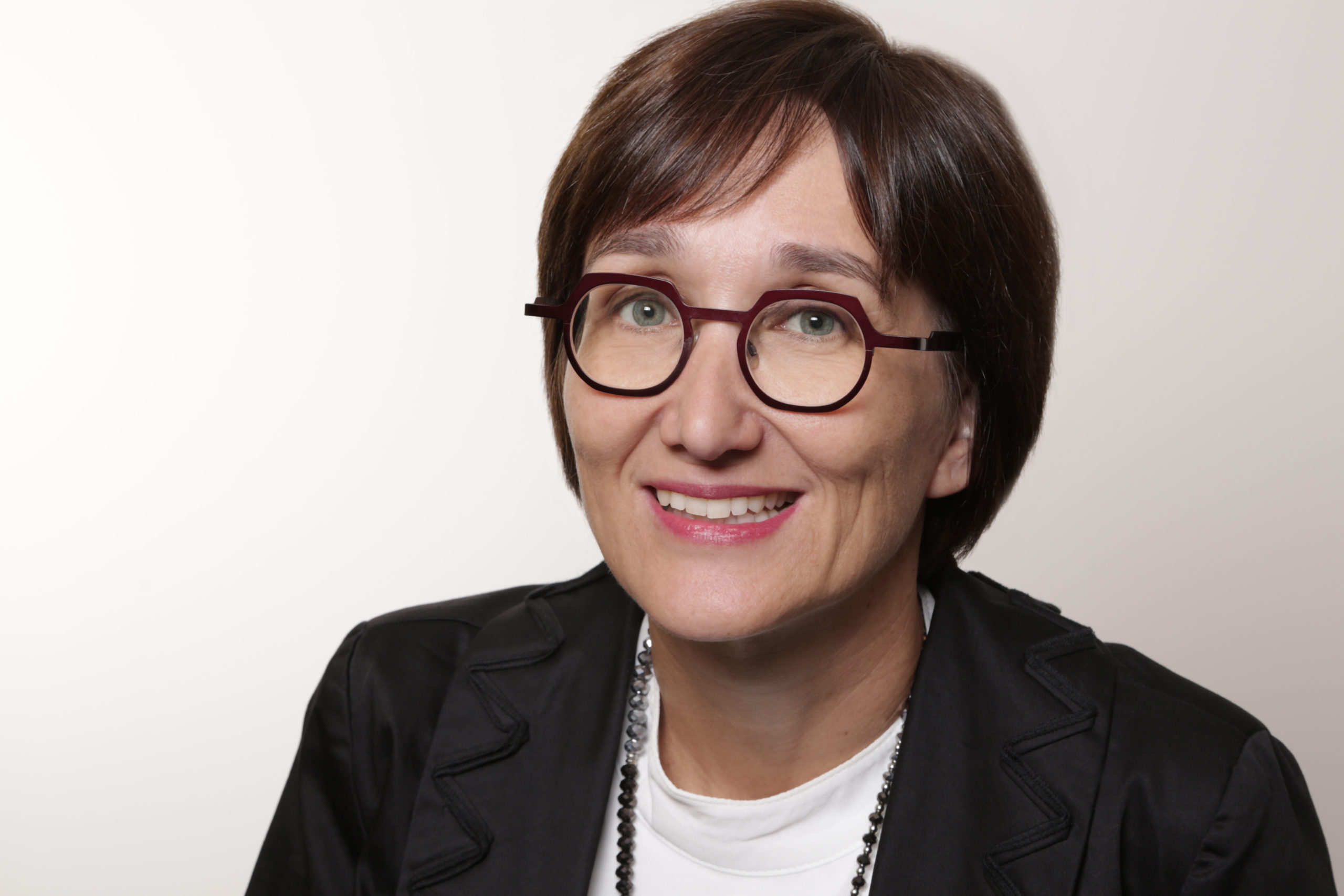
Claudia Ringler
International Food Policy Research Institute
Claudia Ringler is Deputy Division Director of the Environment and Production Technology Division at IFPRI and the CGIAR Research Program on Water, Land and Ecosystems.
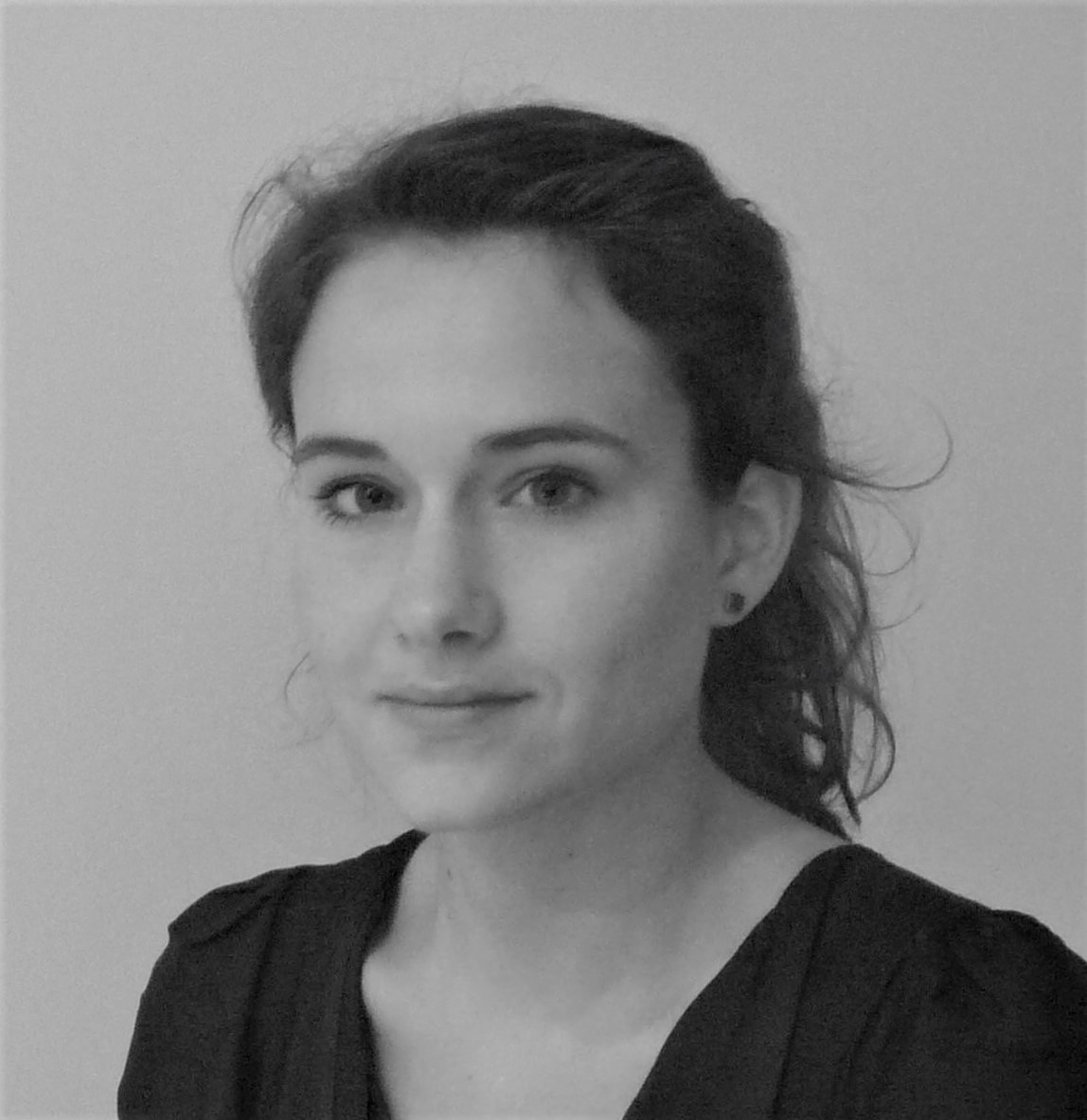
Juliette Besnard
The World Bank
Juliette Besnard is Energy Specialist at the World Bank. Juliette has more than 10 years of experience in the energy sector, working mainly in Sub-Saharan Africa.
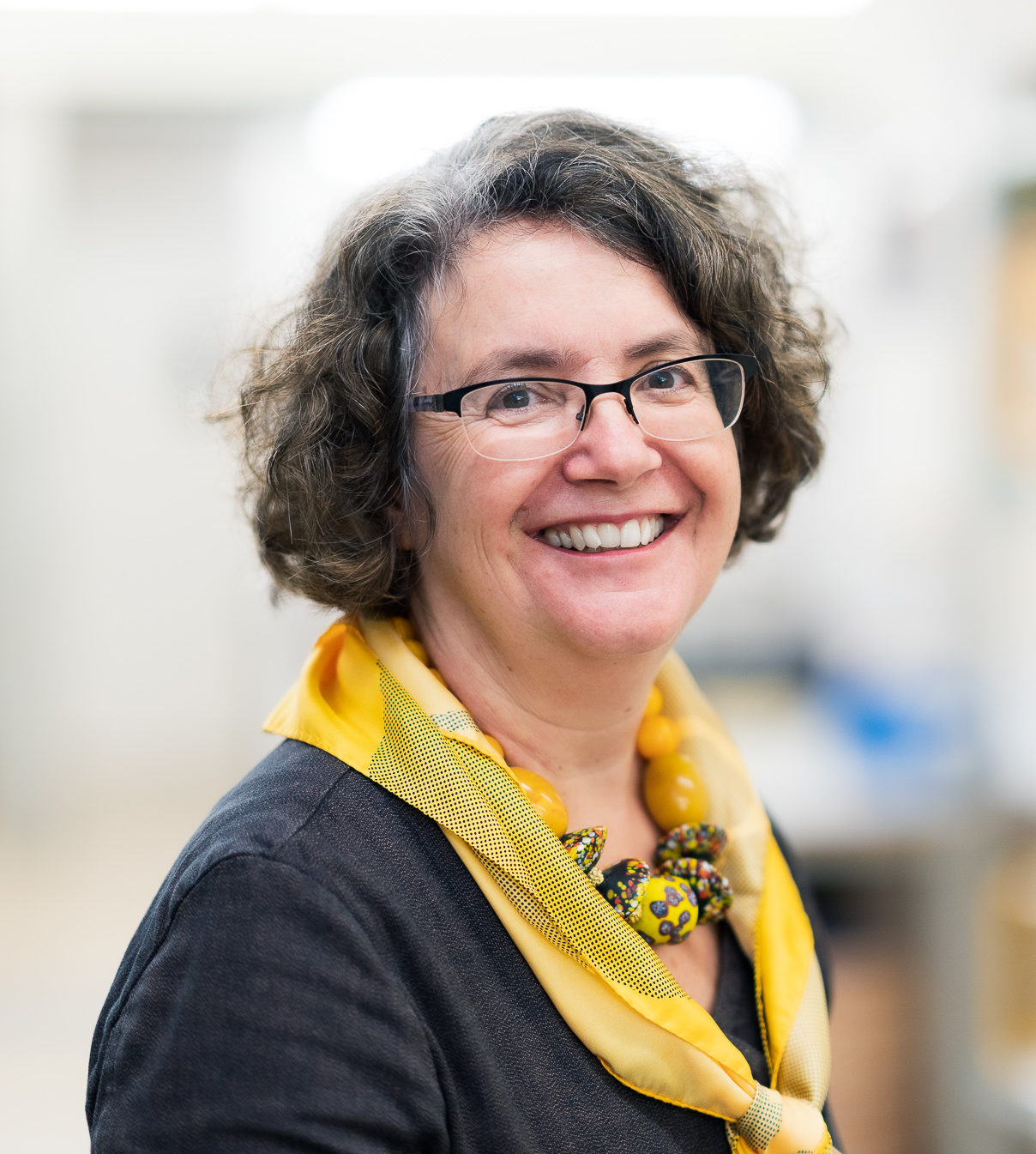
Karin Jeanneret
ENNOS
Karin Jeanneret is a lawyer and has been CEO and co-owner of ennos ag since 2015. She has dared the adventure to introduce a new product in a new market and is pleased about the successes achieved so far with the in-house development, the sunlight pump, a solar water pump for small farmers.”
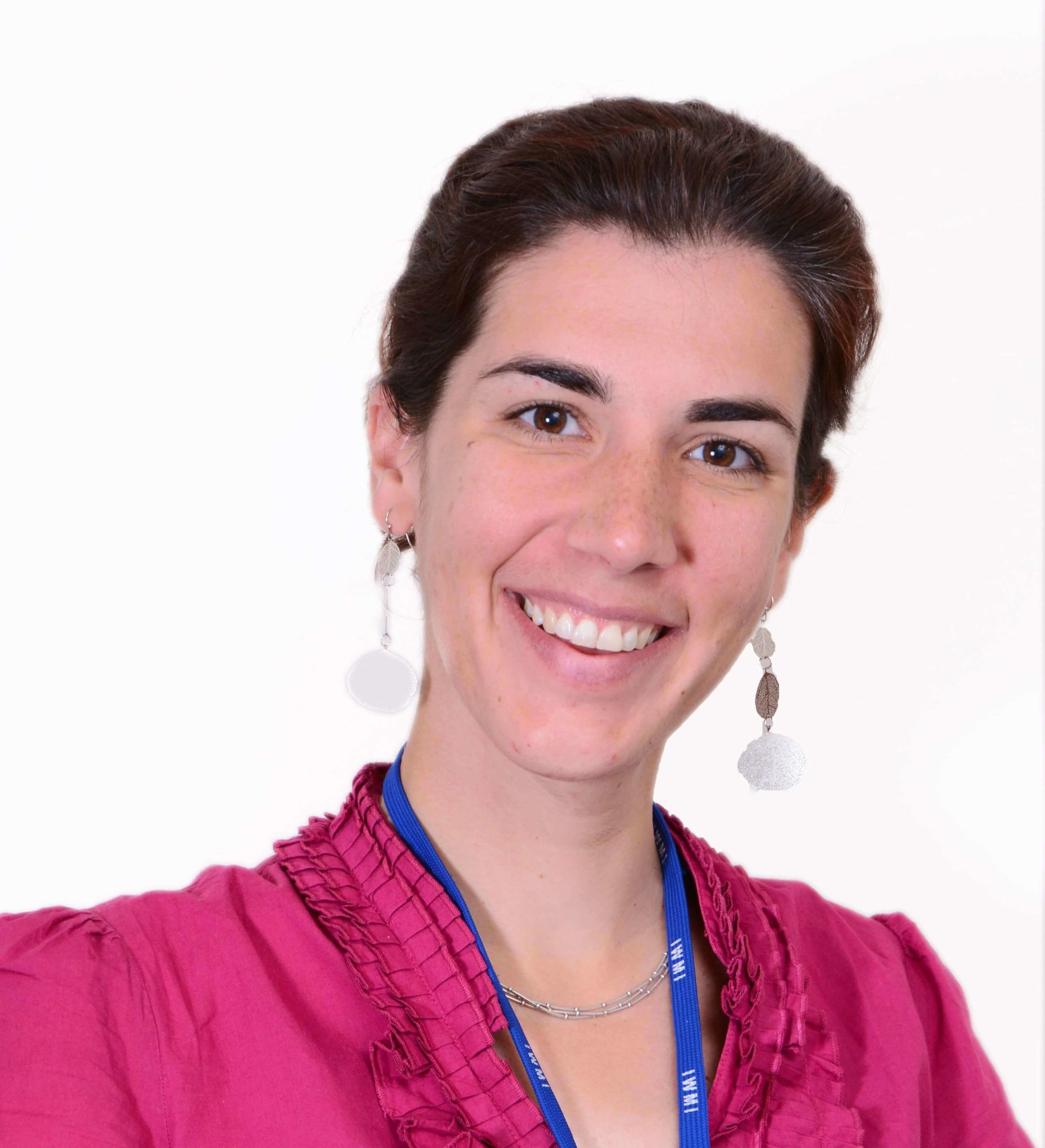
Petra Schmitter
International Water Management Institute
Dr. Petra Schmitter is a Principal Researcher at the International Water Management Institute (IWMI). Her main research focuses on developing suitable water solutions for smallholder farmers to improve their agricultural resilience.

Johannes Muntau
Water and Energy for Food (WE4F)
Johannes Muntau is an advisor at the Deutsche GIZ, Bonn, Germany, in the global program “Water and Energy for Food”. In WE4F, he works on the climate-agriculture-water-irrigation nexus with a focus on sub-Saharan Africa and is responsible for capacity building and knowledge management.
Panelists:
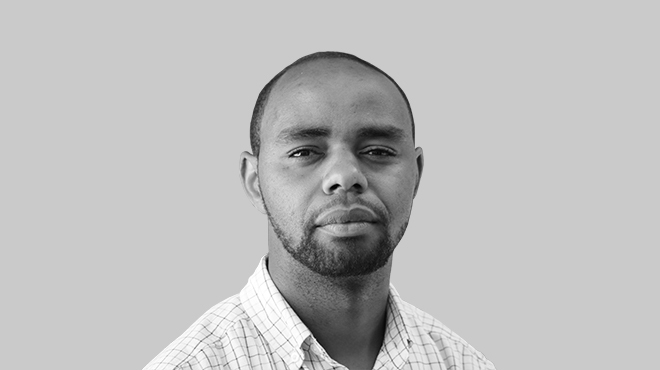
Michael Maina
CLASP
Michael supports research activities under CLASP’s Clean Energy Access portfolio across the Low Energy Inclusive Appliances (LEIA) Program and the Verasol quality assurance program.

Zachary Stewart
USAID
Dr. Zachary Stewart is the Production Systems Specialist and a US Diplomat with USAID within the Bureau for Resilience and Food Security and has nearly 15 years of experience in international agricultural research and development.

Charlie Miller
The World Bank
Charlie is an off-grid solar market development specialist, with deep experience of supporting government, private sector, and other stakeholders in Africa to work together more effectively. Since 2017 he has worked with the World Bank, the Global Distributor’s Collective, and the Energy Saving Trust on a range of market development, public funding, and policy initiatives.


